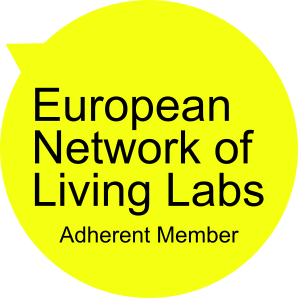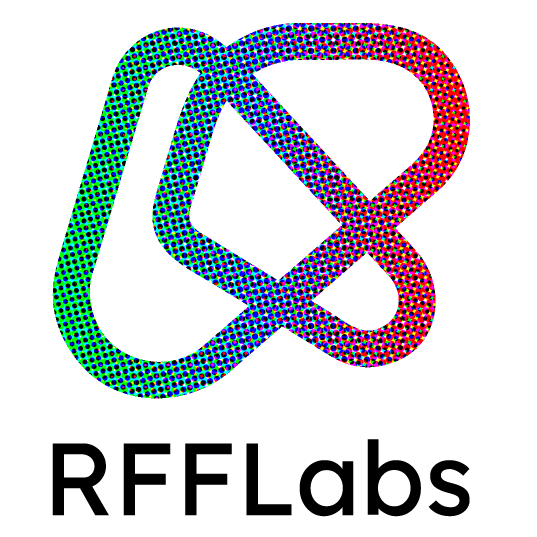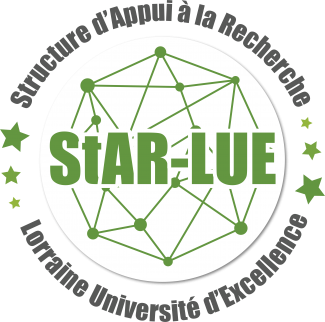The Wild West of Distributed Recycling - Conference of Prof. Joshua Pearce.

Professor Joshua Pearce will give an astonishing conference entitled:
“The Wild West of Distributed Recycling”
Only about 9% of plastic waste generated in the U.S. is recycled; and that was before China stopped accepting mixed plastic waste, so in the short term even less plastic will be recycled. The economics of plastic recycling historically have been challenging and there has been little financial incentive to encourage consumers to recycle their plastic waste. Today, however, new open source technologies enable consumers to become prosumers who can convert plastic waste into high value products. What does waste management look like when prosumers recycle their own waste in their own homes? This presentation will discuss this potential in the fully distributed context based on technical research at Michigan Tech and compare it to semi-distributed recycling in the fab lab context being pioneered at the University of Lorraine.
Date: Wednesday May 15 at 17h30 at Lorraine Fab Living lab , 49 Bd d’Austrasie à Nancy.
Prof. Joshua Pearce Professor in the Materials Science & Engineering and the Electrical & Computer Engineering at Michigan Tech. He currently runs the Michigan Tech in Open Sustainability Technology (MOST) group.
He is also an affiliated faculty member in the graduate program in Environmental and Energy Policy at MTU and an adjunct professor in Mech and at Queens University, Canada where I run the Queens Applied Sustainability Group.
His research focuses on open and applied sustainability, which is the application of science and innovation to ensure a better quality of life for all, now and into the future, in a just and equitable manner, whilst living within the limits of supporting ecosystems. Specifically He is interested in exploring the way solar energy can be used to provide clean sustainable electricity through photovoltaic devices and how the sharing of open source hardware and software can create sustainable and equitable means of production (e.g. create open source appropriate technology and other free and open source hardware).






